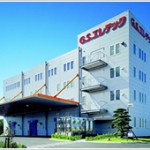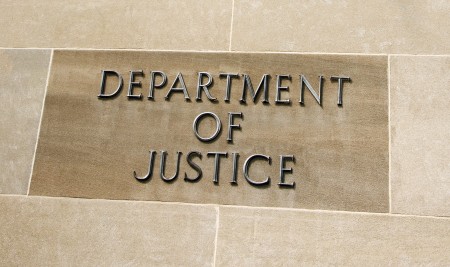
KENTUCKY – An executive of a Japanese auto parts maker of G.S. Electech Inc plead guilty Thursday to conspiring to rig bids and fix prices used on auto parts on antilock brake systems installed in U.S. cars, federal officials said.
Shingo Okuda, the former Engineering and Sales Division Manager for G.S. Electech, will serve a year and a month in prison.
He agreed to cooperate with the Justice Department’s ongoing investigation and pay a $20,000 fine, officials said.
Including Okuda, officials said 36 individuals have been charged in the department’s ongoing investigation into price fixing and bid rigging in the auto parts industry. Okuda is the first individual in the investigation to plead guilty following an indictment.
“Today’s guilty plea is a victory for consumers, who deserve to know that the essential parts used in their automobiles are not subject to anticompetitive agreements,” said Brent Snyder, Deputy Assistant Attorney General for the Antitrust Division’s criminal enforcement program. “The Antitrust Division remains committed to holding executives accountable for behavior that undermines the competitive marketplace.”
G.S. Electech manufactures, assembles and sells a variety of automotive electrical parts, including speed sensor wire assemblies.
The speed sensor wire assemblies connect a sensor on each wheel to the antilock brake system to instruct it when to engage.
On May 16, 2012, G.S. Electech pleaded guilty to the conspiracy and agreed to pay a $2.75 million criminal fine.
The indictment charged Okuda with participating in the conspiracy beginning at least as early as January 2003 until at least February 2010.
Additionally, 27 companies have pleaded guilty or agreed to plead guilty and have agreed to pay a total of nearly $2.3 billion in fines.
On Sept. 11, 2013, a federal grand jury in Covington, Kentucky, returned an indictment against Okuda, charging him with conspiring to rig bids and fix prices of speed sensor wire assemblies, which are installed in automobiles with an antilock brake system .
The devices were sold to Toyota Motor Corp. and Toyota Motor Engineering and Manufacturing North America Inc., in the United States and elsewhere, authorities said.
The indictment states that Okuda and his co-conspirators carried out the conspiracy by, among other things, agreeing during meetings and discussions to coordinate bids and fix prices of automotive parts submitted to Toyota.

